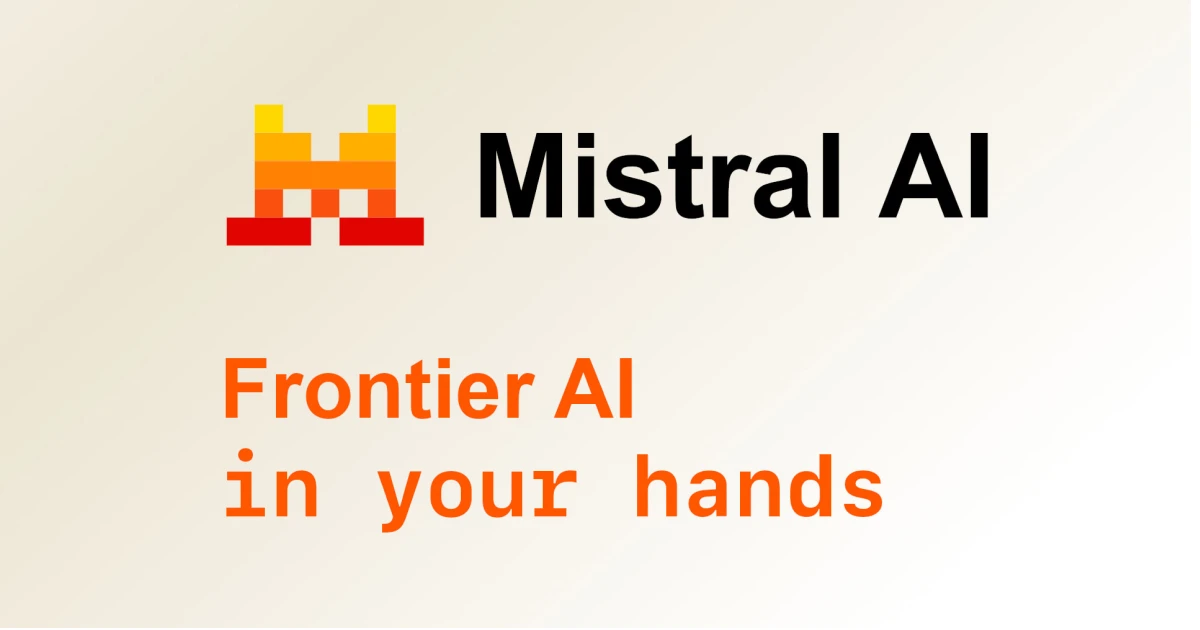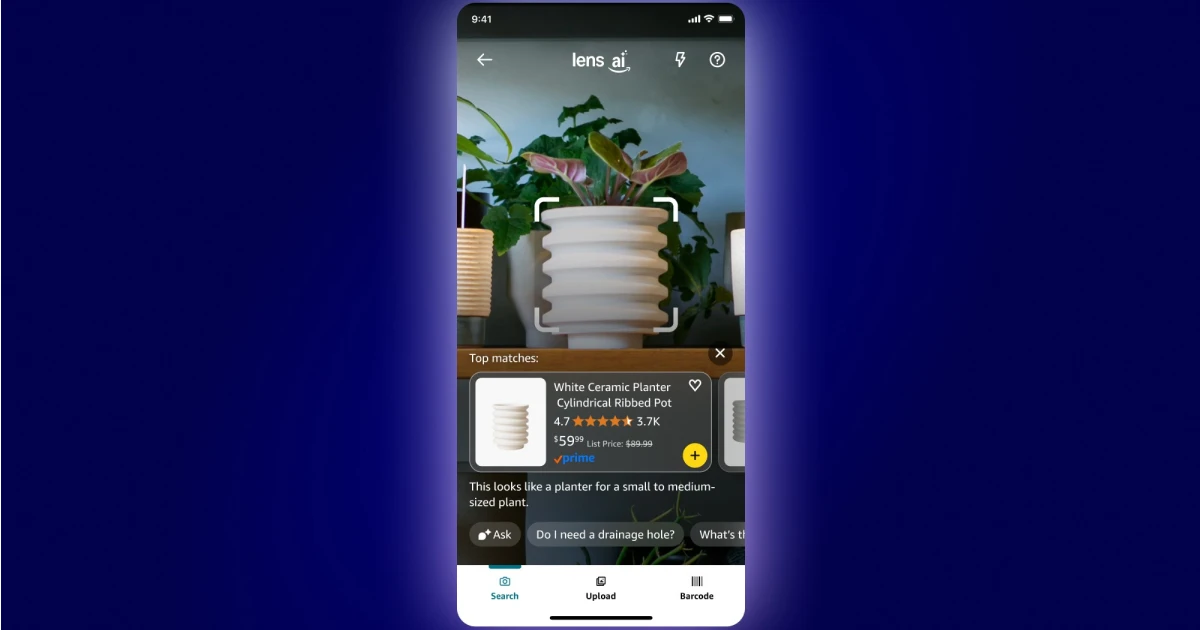Artificial intelligence brings incomparable benefits to food and beverage companies – including giant brands. Nestlé uses AI-powered technologies to identify the proteins that create healthy and nutritious foods. At the same time, Kraft Heinz is using AI to better its interactions with consumers and stores all over the world. And Domino’s adopted artificial intelligence into its phone order system.
And it makes sense! The food business represents an essential economic sector, with a demand that is on a continuous rise. In fact, in 2022, the food industry contributed to 5.5% of the United States gross domestic product (GDP). So, there’s no wonder companies are looking to improve and speed up all processes.
But what processes can we actually automate using artificial intelligence? How do AI-powered technologies help companies improve food quality, process and supply chain efficiency, and even customer satisfaction?
Food processing usually requires a lot of operational costs and practices. But in most cases, workers in food processing industries perform repetitive steps – steps that an autonomous machine could perform better and more efficiently. In the last couple of years, robot installations have increased by almost 20% every year worldwide.
From automated packaging to sorting and identification to material handling and even processing, there’s no denying that AI is revolutionizing the entire food manufacturing industry. Machine learning (ML) algorithms can identify potential anomalies by analyzing massive amounts of data from cameras and sensors, leading to improved quality control and predictive maintenance. This allows workers to prevent unexpected breakdowns and enhance efficiency, productivity, and equipment utilization.
Artificial intelligence is not only about optimizing food processing processes – it’s also about building sustainable practices. Annually, about 30% of all foods and beverages are wasted in the US. This represents about $48 billion thrown away due to overstacking, improper conditions, inefficient delivery systems, and poor demand forecasting. However, companies can implement AI-powered technologies to evaluate data about waste management, energy efficiency and consumption, and everything else to minimize environmental footprint. This can help us fight against climate change and achieve a more sustainable future.
Artificial intelligence technologies are not limited to impacting businesses – but they can also affect our day-to-day lives.
Did you know that AI can generate personal food recipes according to our preferences and restrictions? Well, with these apps, we can easily scan the products and analyze the nutritional composition and ingredients, generate recipes, create shopping lists, and even assist us with meal preparation.
In fact, Yummy, an Estonian startup, created an algorithm that can do precisely that. Plus, they also provide photos of the dishes for those who would like to see what their food looks like.
Even more so, restaurants can leverage AI to create algorithms to provide personalized food recommendations. We can simply introduce our preferences, dietary restrictions, and monetary spending, and we have a meal specifically created for us. And the best part? These recommendations can be tailored to individual tastes, health goals, and even cultural preferences.
However, with the advancements of Internet of Things (IoT) devices, artificial intelligence can be powered right from our kitchen. Smart kitchen appliances, such as smart ovens, refrigerators, and cooking devices, offer advanced capabilities, such as automated cooking programs, recipe suggestions, and remote control capabilities.
More and more companies are implementing AI-powered technologies – there is no doubt about that. But how is AI impacting these companies?
Coca-Cola
Coca-Cola is one of the companies that leverages AI the most. It uses artificial intelligence, machine learning, and deep learning algorithms for food distribution and processing. For this reason, AI significantly impacted Coca-Cola’s demand forecasting, supply chain optimization, and especially customer personalization. This allowed Coca-Cola to achieve immense operational improvement, demonstrating exactly that AI can shape how an organization operates.
Starbucks
On the other hand, Starbucks uses artificial intelligence to create personalized customer experiences – especially for in-app purchases. For this reason, Starbucks is looking to predict when customers will arrive to pick up their orders. Traditionally, when we order a coffee, the barista makes the coffee in-store. But with this AI feature, we will have a machine that creates the coffee automatically.
Even more so, Starbucks wants to build the perfect (automatic) coffee machine. With this machine, Starbucks utilizes data to recommend coffee orders to their customers based on purchase history, considering even the time of day. Starbucks’ coffee machines can also minimize waste while still providing the highest-quality coffees they are known for.
Nestlé
Nestlé’s AI-powered technologies are mainly used to develop (and even improve) their products. The algorithms analyze data from social media trends, market opportunities, and especially customer feedback to detect food trends and create products tailored to meet market demands. This way, they can attract customers by appealing to what the mass population wants, allowing them to stay on top of the competition.
Artificial intelligence is revolutionizing the entire food industry – there is no doubt about that. Whether it is for optimizing their operational processes, creating customer-centric products, or even adapting to changing market dynamics, the power of AI can help us like never before.
And yes, everyone will benefit from artificial intelligence – especially us foodies!






.webp)









